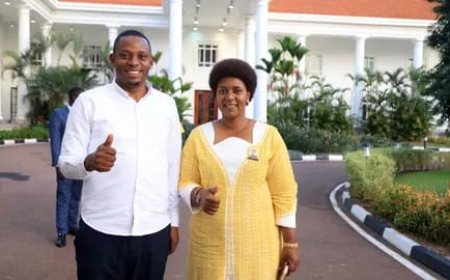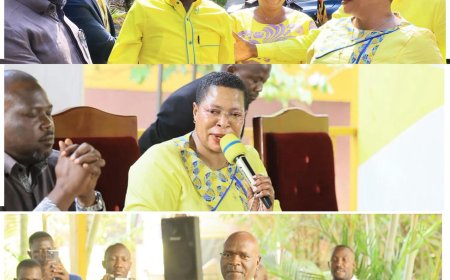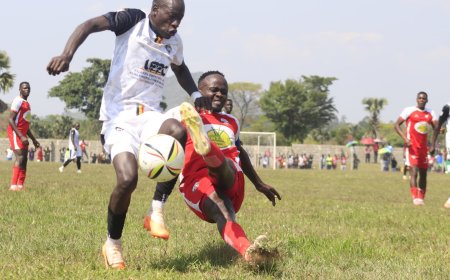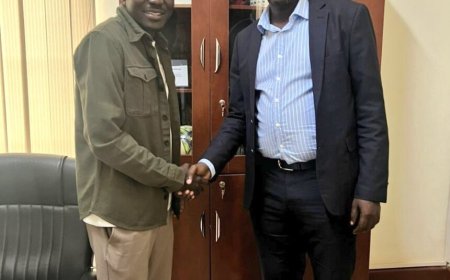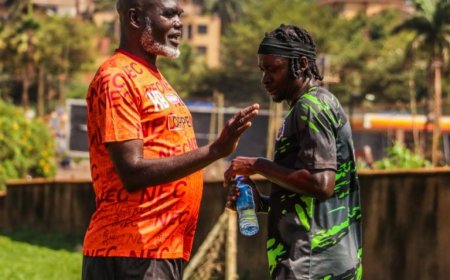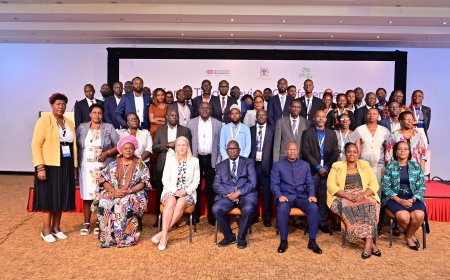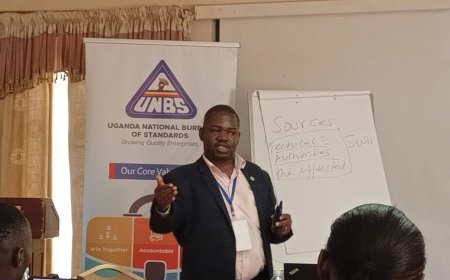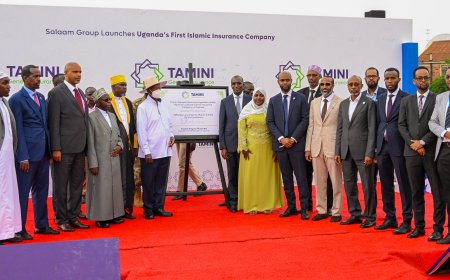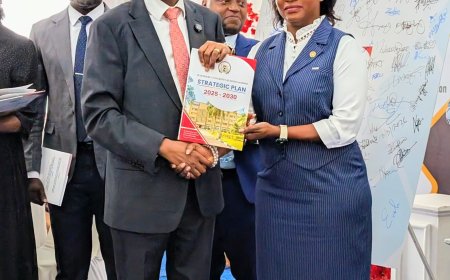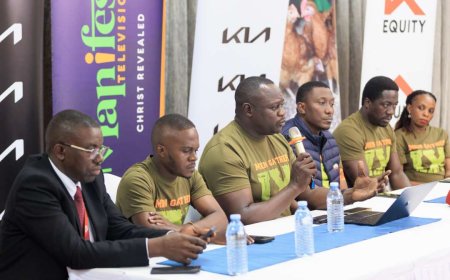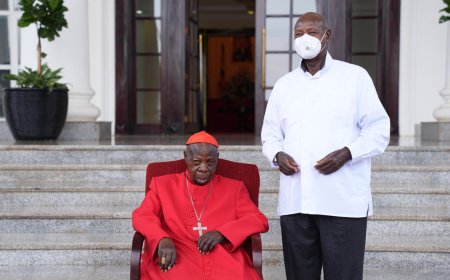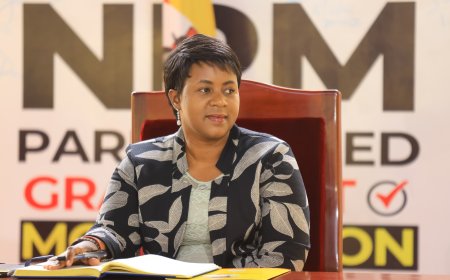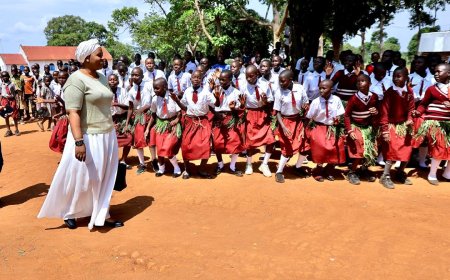National Conference on the Role of Traditional and Cultural Leaders in Uganda's Socio-Economic Transformation
The two-day conference is expected to: Foster a renewed commitment from traditional and cultural leaders to actively participate in socio-economic development initiatives. Strengthen collaboration between government ministries, departments, and agencies with traditional institutions. Develop actionable strategies to integrate traditional leaders into government programs, reducing the cost of implementation and enhancing community ownership. By addressing these issues, the conference will create a framework for tracking and amplifying the contributions of traditional leaders to national development. In her closing remarks, Hon. Mutuuzo expressed optimism that the conference would lead to tangible outcomes.
By John Kusolo
The Ministry of Gender, Labour, and Social Development has announced a landmark National Conference for Traditional and Cultural Leaders, scheduled to take place from January 16–17, 2025, at the Imperial Royale Hotel, Kampala. This event, themed “The Role of Traditional or Cultural Leaders in the Promotion of Culture for Socio-Economic Development in Uganda,” will bring together leaders from across the country to discuss their pivotal role in Uganda’s Vision 2040 agenda.
Addressing the media at the Uganda Media Centre, Hon. Mutuuzo Peace Regis, the Minister of State for Gender and Culture Affairs, emphasized the conference's strategic importance. She acknowledged the historical significance of traditional and cultural institutions and their potential to drive socio-economic transformation if integrated effectively into national development plans.
Hon. Mutuuzo highlighted Article 246 of Uganda's Constitution, which recognizes the Institution of Traditional or Cultural Leaders. This provision is further operationalized through the Institution of Traditional or Cultural Leaders Act, 2011, and the Traditional Rulers’ (Restitution of Assets and Properties) Act, Cap 247. These legal frameworks define the roles of traditional and cultural leaders, particularly in promoting cultural values and community well-being.
Section 9 of the Institution of Traditional or Cultural Leaders Act, 2011, outlines their responsibilities, including:
Promoting and preserving cultural values, norms, and practices that enhance dignity and well-being. Fostering development, preservation, and enrichment of the community. Currently, Uganda recognizes 17 Traditional or Cultural Leaders, as published in the National Gazette.
Despite their constitutional recognition, Hon. Mutuuzo noted persistent challenges that have hindered the effective participation of traditional and cultural leaders in national development. Key issues include:
Limited inclusion of these leaders in the planning and implementation of government programs. Lack of a systematic approach to quantify their contributions to socio-economic development. Persistent societal challenges such as negative cultural practices, gender-based violence, and high school dropout rates.
These challenges, coupled with inadequate operationalization of the legal framework, have limited the role of traditional leaders in addressing critical issues such as poverty, land fragmentation, and negative health outcomes.
The upcoming conference aims to address these challenges by fostering dialogue between traditional leaders and government agencies. Its specific objectives include:
Discussing the systematic approach to tracking traditional leaders' contributions to socio-economic development.
Understanding recent policy changes that impact traditional and cultural institutions. Strengthening partnerships between the government and traditional institutions to align with Vision 2040 and the third National Development Plan (2021/22–2024/25).
Traditional and cultural leaders are custodians of Uganda's rich cultural heritage. Hon. Mutuuzo underscored their role in preserving cultural assets and promoting tourism through festivals, rituals, and ceremonies. Events such as the recent Ateker Re-union Festival in Soroti exemplify how cultural heritage can foster unity and economic growth.
Moreover, traditional institutions empower marginalized communities by providing platforms for artisans, craftsmen, and entrepreneurs to showcase and sell their products. This contributes to innovation, revenue generation, and community well-being.
The two-day conference is expected to:
Foster a renewed commitment from traditional and cultural leaders to actively participate in socio-economic development initiatives. Strengthen collaboration between government ministries, departments, and agencies with traditional institutions.
Develop actionable strategies to integrate traditional leaders into government programs, reducing the cost of implementation and enhancing community ownership.
By addressing these issues, the conference will create a framework for tracking and amplifying the contributions of traditional leaders to national development.
In her closing remarks, Hon. Mutuuzo expressed optimism that the conference would lead to tangible outcomes. “This conference should provide an opportunity for Traditional or Cultural Leaders in Uganda to dialogue with government ministries, departments, and agencies on how their roles can be strengthened. This will lead to improved participation in the implementation of government initiatives and ultimately the socio-economic transformation of Uganda.”
As Uganda moves closer to achieving its Vision 2040 goals, the integration of traditional and cultural leaders into national development processes remains a critical step. Their role as custodians of culture, promoters of social cohesion, and drivers of local economic empowerment cannot be overstated.
For more updates on the conference and its resolutions, stay tuned to nilechronicles.com.
